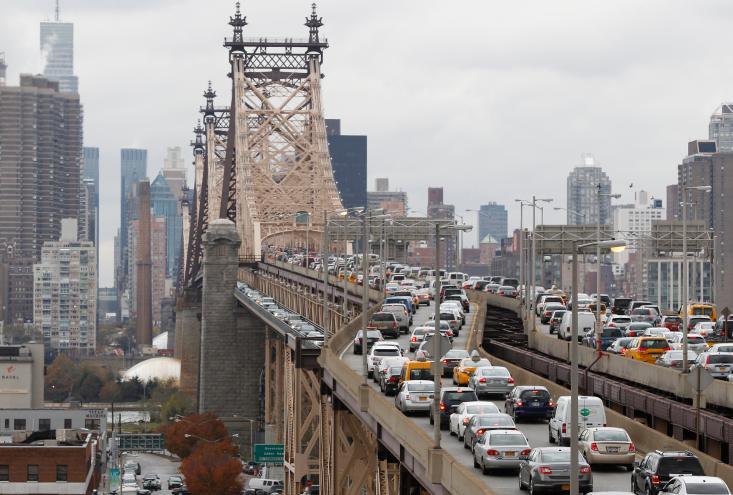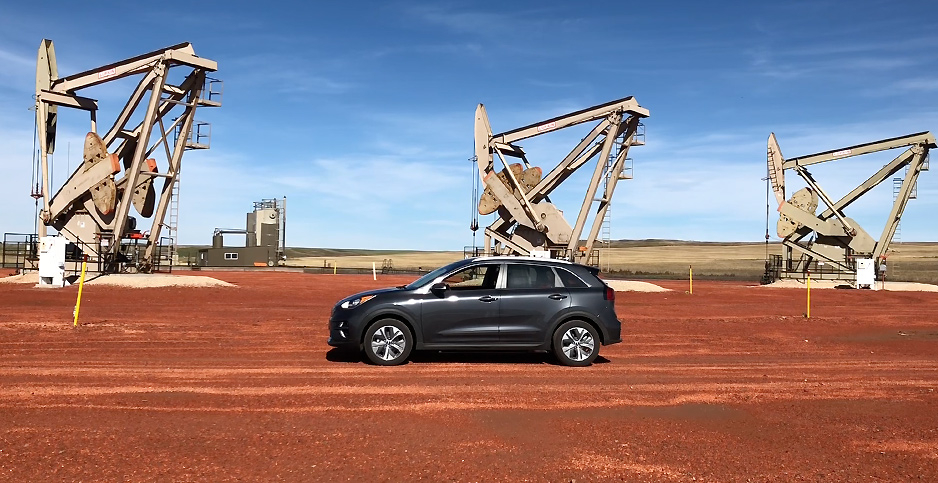TomC
Bless Your Heart!
- Joined
- Oct 1, 2020
- Messages
- 11,235
- Location
- Midwestern USA
- Gender
- Faggot
- Basic Beliefs
- Agnostic deist
We used to have a poster regularly supplying links proving that Jesus Rose from the dead.Gotta love those links!They are.I did not know that. I always thought the urbanites were the most efficient.
Far more efficient to live in a dense urban place, with apartments and public transportation and walkable lives.
Tom
I don't bother with links from some posters claiming to demonstrate really implausible things.
Tom


